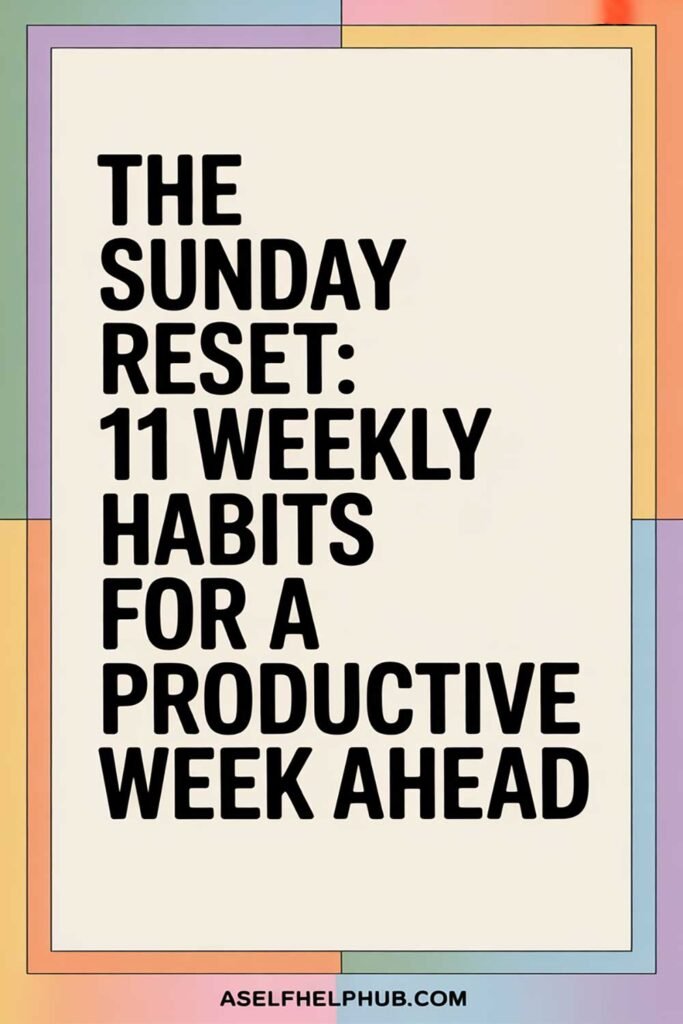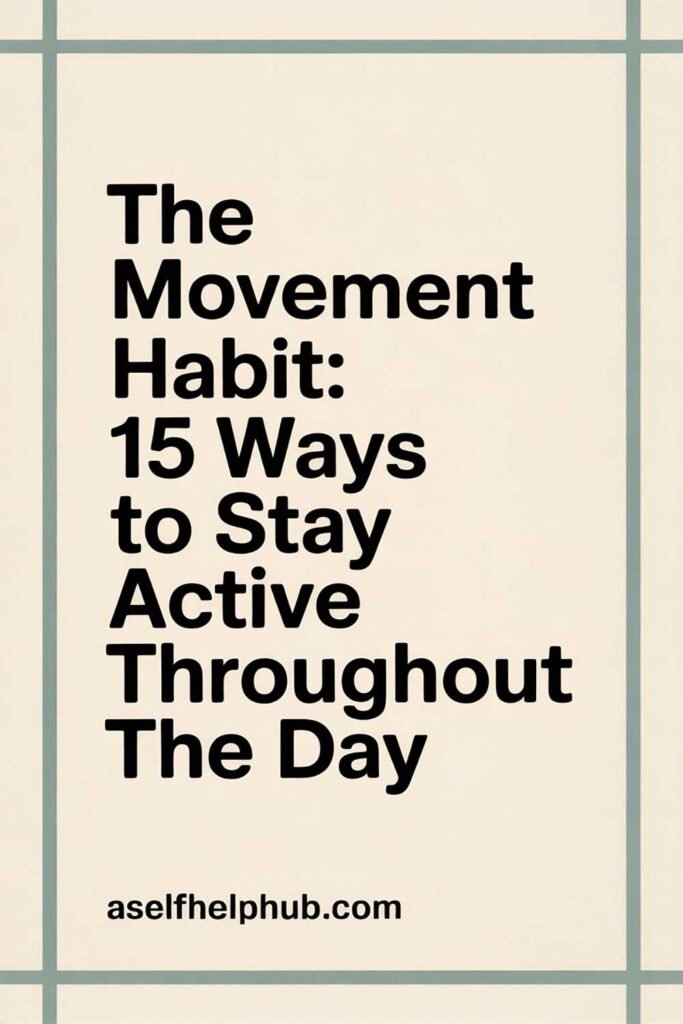14 Effective Ways to Reduce Financial Stress
Financial stress is one of the most common forms of anxiety people experience, often affecting not only our wallets but also our relationships, sleep, and mental health. The good news is that while financial challenges can feel overwhelming, there are practical, effective strategies to ease the burden. In this in-depth article, we’ll explore 14 powerful ways to reduce financial stress, supported by real-life examples and actionable steps. Whether you’re living paycheck to paycheck, dealing with debt, or just want more peace of mind around money, these techniques can help you regain control and breathe easier.

1. Create a Realistic Budget
Budgeting isn’t about restriction—it’s about clarity and control. Start by tracking your income and expenses so you know exactly where your money is going.
Real-Life Example: Kevin, a single dad, created a simple spreadsheet to track his monthly expenses. By clearly seeing his spending habits, he found $250 in unnecessary expenses to cut each month, easing his financial pressure.
2. Build an Emergency Fund
Unexpected costs are a major stress trigger. Having an emergency fund, even just $500–$1,000, can provide a major sense of security.
Real-Life Example: Tina put away just $25 a week into a separate savings account. In six months, she had $650 saved, which later helped cover urgent dental work without using a credit card.
3. Automate Your Finances
Set up automatic payments for bills, savings, and debt repayment. This reduces the mental burden of remembering and avoids late fees.
Real-Life Example: Jared automated his rent, utilities, and credit card minimums. He no longer missed payments, and it reduced his daily anxiety significantly.
4. Cut Unnecessary Expenses
Review subscriptions, dining habits, and shopping patterns. Cancel or pause anything non-essential until your finances are more stable.
Real-Life Example: Olivia realized she was spending $120 monthly on unused subscriptions. Canceling them freed up money she redirected to paying off her student loan faster.
5. Talk to Someone You Trust
Money problems often feel isolating. Talking to a trusted friend, therapist, or financial advisor can reduce emotional weight and offer perspective.
Real-Life Example: After a difficult divorce, Emily spoke with a nonprofit financial coach who helped her build a debt repayment plan. Just having a plan lowered her stress immediately.
6. Tackle One Financial Goal at a Time
Trying to pay off debt, save for retirement, and fund a vacation all at once is overwhelming. Pick one priority to focus on.
Real-Life Example: Jamal focused solely on paying off his highest-interest credit card. Once that was done, he moved on to building savings. Progress felt faster and more manageable.
7. Practice Mindful Spending
Before buying anything, pause and ask: Do I need this? Will it bring long-term value?
Real-Life Example: Before every purchase, Maria started using a 24-hour rule. She delayed non-essential buys and found that most urges passed, saving hundreds monthly.
8. Increase Your Income
Side hustles, freelance work, or selling unused items can boost your financial security and reduce pressure.
Real-Life Example: Nathan started tutoring online two nights a week. The extra $400/month gave him room to breathe and helped pay off a medical bill.
9. Use Cash for Discretionary Spending
Using physical cash for non-essential expenses helps you stay within limits and spend more intentionally.
Real-Life Example: Lisa set a $200/month cash envelope for dining out. Once it was gone, no more eating out. It stopped impulse purchases cold.
10. Celebrate Small Wins
Paying off even a $100 debt is a victory. Track your progress and celebrate each step to build confidence.
Real-Life Example: Every time Diego paid off $100 in debt, he added a star to a chart on his fridge. Watching the chart grow kept him motivated.
11. Get Professional Help
Free or low-cost credit counselors, financial planners, and debt advisors can create personalized plans.
Real-Life Example: Nina worked with a nonprofit credit counseling agency to consolidate her debt. Her monthly payments dropped, and she finally saw a path forward.
12. Limit Social Media Comparisons
Seeing others’ highlight reels can trigger feelings of financial inadequacy. Remind yourself that social media rarely shows the full picture.
Real-Life Example: After unfollowing certain influencers, Sarah reported feeling lighter and more grateful for her own financial progress.
13. Stay Physically Active
Exercise helps reduce stress hormones and improves your mood, helping you think more clearly about finances.
Real-Life Example: David started jogging three mornings a week. He noticed a huge drop in stress and found he made calmer, smarter financial choices afterward.
14. Practice Daily Gratitude
Gratitude helps reframe your mindset and shift focus from what you lack to what you have.
Real-Life Example: Alyssa began a gratitude journal, writing down three things daily. It helped her stay positive and reduced her financial anxiety dramatically.
20 Quotes to Help You Reduce Financial Stress
- “It’s not your salary that makes you rich, it’s your spending habits.” – Charles A. Jaffe
- “You must gain control over your money or the lack of it will forever control you.” – Dave Ramsey
- “Do not save what is left after spending, but spend what is left after saving.” – Warren Buffett
- “A budget is telling your money where to go instead of wondering where it went.” – John C. Maxwell
- “It’s not about having a lot of money. It’s about knowing how to manage it.” – Unknown
- “The best way to reduce financial stress is to face it head-on.” – Anonymous
- “You don’t have to be rich to be financially free, just wise.” – Suze Orman
- “Contentment makes poor men rich; discontent makes rich men poor.” – Benjamin Franklin
- “Financial peace isn’t the acquisition of stuff. It’s learning to live on less than you make.” – Dave Ramsey
- “Money is a terrible master but an excellent servant.” – P.T. Barnum
- “Small daily improvements are the key to staggering long-term results.” – Robin Sharma
- “Gratitude turns what we have into enough.” – Melody Beattie
- “Don’t go broke trying to look rich.” – Unknown
- “Comparison is the thief of joy—and your bank account.” – Unknown
- “Time is more valuable than money. You can get more money, but not more time.” – Jim Rohn
- “The more you learn, the more you earn.” – Warren Buffett
- “Financial freedom is not a dream. It’s a decision.” – Anonymous
- “Debt is normal. Be weird.” – Dave Ramsey
- “You can’t pour from an empty cup. Take care of yourself financially.” – Unknown
- “Freedom from financial worry is one of the best gifts you can give yourself.” – Anonymous
Picture This:
Imagine waking up without a pit in your stomach. Your bills are paid on time, your savings account is growing, and you finally feel in control. You sip coffee while reviewing your monthly budget with confidence. There’s no more dread, no more shame. Instead, there’s clarity, stability, and peace. That’s what it feels like to reduce financial stress and reclaim your life.
Share This Article:
If you know someone who feels overwhelmed by money, share this article with them. These tips might be the turning point they need.
Disclaimer:
This article is based on personal experiences and public resources. It is for informational purposes only and does not replace professional financial advice. Always consult a certified financial advisor before making financial decisions.






